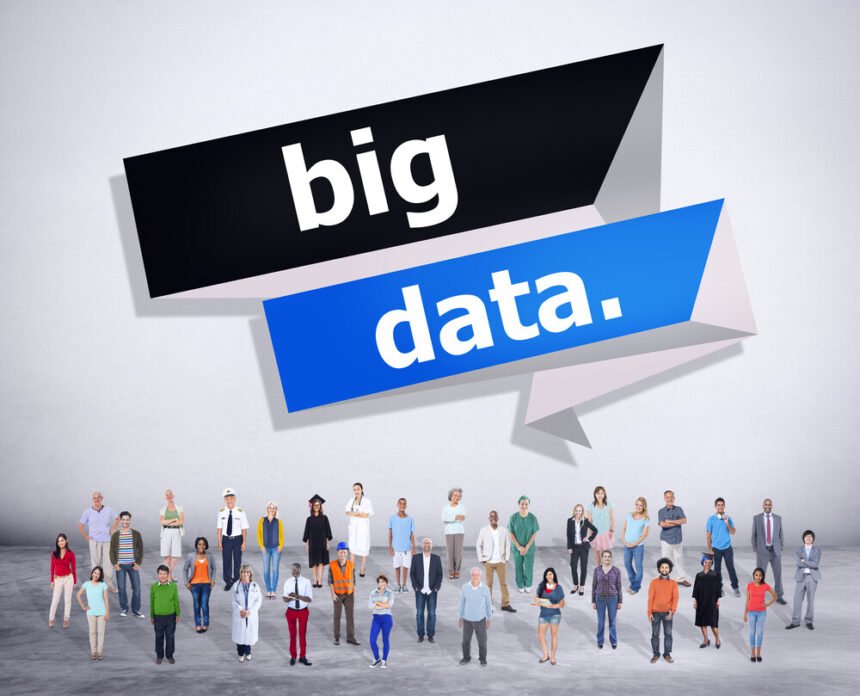Formed by ex-Apple engineers, Nest Labs develops products designed to bring Big Data and the Internet of Things into our homes via its smart thermostats and fire alarms. The company was bought out by Google last year for $3.2 billion, which sees its products as central to the inevitable drive towards “smart” homes with connected data systems designed to make our lives more comfortable, while simultaneously cutting down on wasted energy. This is all possible because of Big Data and analytics – algorithms in the software used by the devices to monitor and record how they are used, building up a profile which allows them to intelligently “set” themselves. It has proven to be a successful model and the products have sold well since the first Nest thermostat was released in 2011. Now with the launch of its latest products, the Nest Protect smoke alarm system and the Nest Cam home surveillance camera, it is hoping to save lives as well as make us safer. Uploading and comparing the thermostat data from all of its users can glean accurate pictures of energy use across communities and the wider world. However when dealing with data as personal as information about your home, the importance of maintaining customers’ privacy cannot be understated. Nest’s General Manager for Europe, Lionel Paillet, explained to me how fundamental this is to the company’s operations. He says “Trust is absolutely fundamental to everything we do – particularly in the home, which is sacred, psychologically – it is probably the place that is most private to you on Earth. So the notion of user trust has been a guiding principle in everything we have done.” Paillet explained that the emphasis on building what he and CEO Tony Fadell refer to as the “Jetsons home” – the all-singing, all dancing robotic home we often picture when we think of the home of the future, is outdated before it has even properly arrived. “What we are interested in is the ‘thoughtful home’. Yesterday I used a switch to operate devices in my home. Today I can use my smart phone. But does that really make my life any better? The home has to be thoughtful and understand your habits.” It’s no surprise that Nest was of interest to Google, which has long shown itself to be keen to be involved in the energy industry. Its subsidiary Google Energy manages huge investments in the generation of renewable energy, and earlier products such as Google EnergySense and PowerMeter tried to achieve similar advances to those made by Nest. It is also heavily invested in the Atlantic Wind Connection project, which aims to build an “open” undersea cable infrastructure which wind turbine operators can use to transfer their energy to on-shore grids. All of this is part of the ongoing march of the Internet of Things into our lives. The IOT is based around the premise that more and more devices will become connected and interactive with each other – hence an internet made up of “things”, rather than just people and computers. By interacting in this way, they can get on with the advanced analytical tasks they are suited for at super-fast speeds, with minimal need for manual human involvement. All of this ties in with what is undoubtedly Google’s plan to get better at providing the services we need, when we need them. It is clear that it expects its services to be the powerhouse behind the smart homes of the future, and that it sees Nest’s products as some of the first building blocks behind the “operating system” that we will use to interact with those homes. As a first step Nest ensures its products connect and communicate with each other. For example, when the Nest Thermostat is set to ‘Away’, this can automatically switch on the Nest Cam, and switch it back off when you return home. However, the vision is to have many other devices connect with it, such as your smart wristband that monitors your sleep and can tell your thermostat that you have woken up early or your car that will communicate information about the time you are estimated to arrive at home. There are also potential problems here, and Nest itself offers a good example of one of the most glaringly obvious. Can computers be trusted with tasks that are essential to our safety? Last year, sales of Nest’s smart fire alarm were briefly halted when it was discovered that the “wave” feature – allowing it to be switched on and off through hand gestures, may accidentally switch off the device without the user being aware. The issue was fixed through software updates shortly afterwards. On top of that, those concerned that Google, perhaps more than any other company, already knows far too much about us from our emails, web surfing and mobile data have, understandably, not been reassured by the fact it is now looking to monitor what we do at home, too. However CEO Tony Fadell has clearly stated that this won’t be the case – Nest does not, and will not, share information, even anonymized, about its users’ behavior, with anyone – even its owner. Paillet told me “Since the acquisition things have been moving very fast for us. The headcount at the company has multiplied. We have access to a lot of resources and can pick out the elements which are useful, and leave those that we don’t need. There was a joke going round when we were first bought, where people were saying they were expecting to start seeing adverts on their thermostats. By now I think everyone has realized that isn’t going to happen.” Paillet reassures me that Nest operates completely separately from Google and their business model. Nest serves as a great example of an Internet of Things business which is coming up with products that have the potential to simplify or improve our lives, but accompanied by their own set of emerging problems, in terms of privacy and data security. Whether we accept them into our lives or reject them through distrust will most likely be down to how the delivery of the services is managed.









